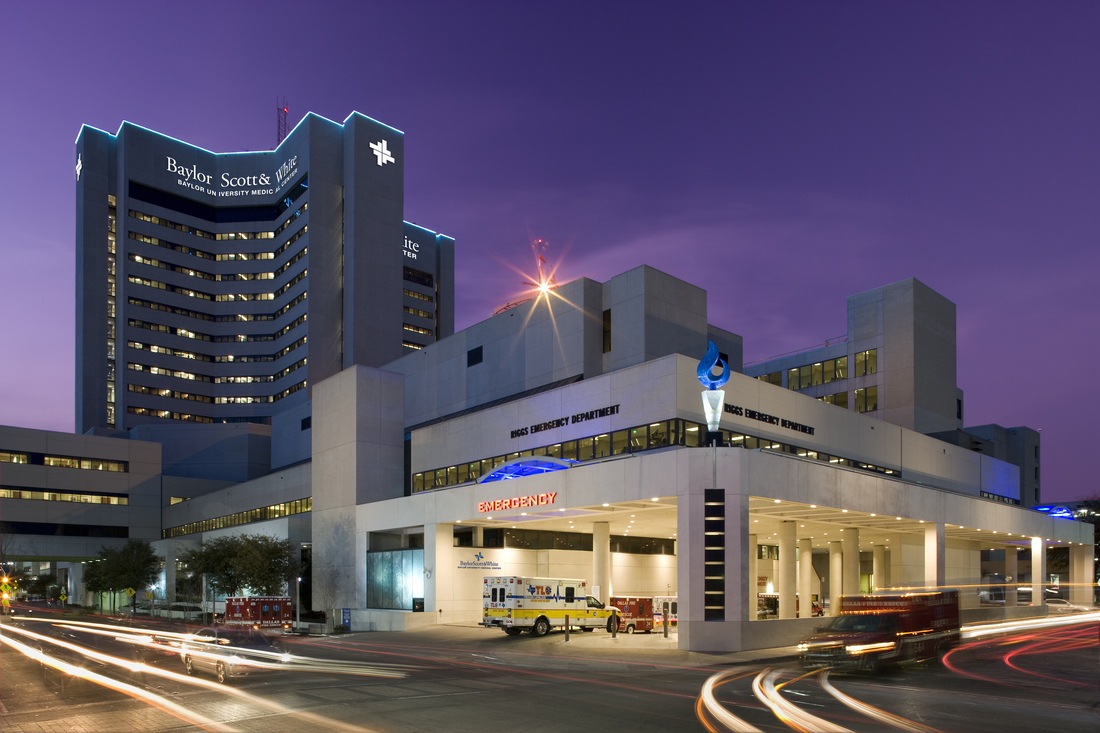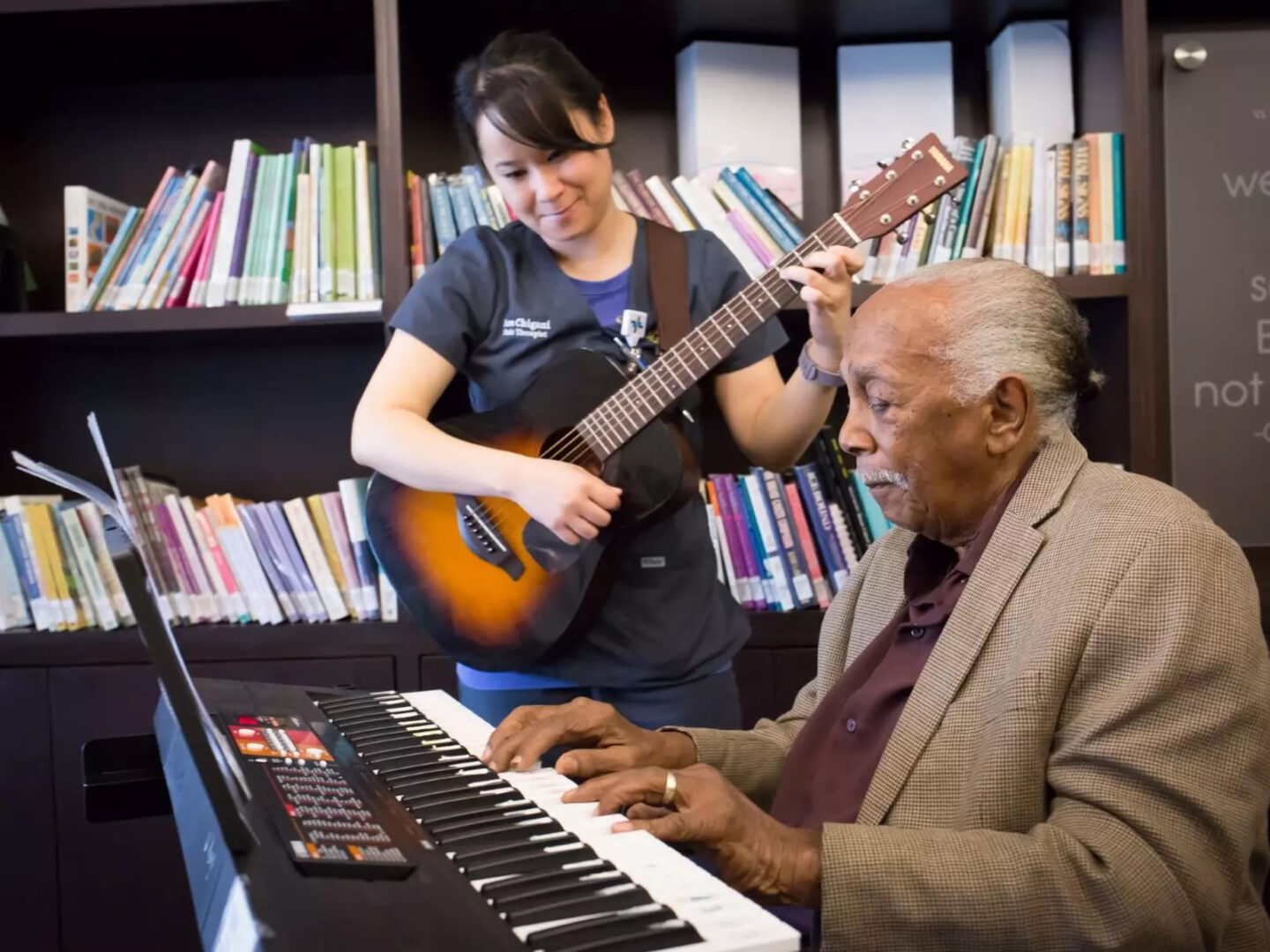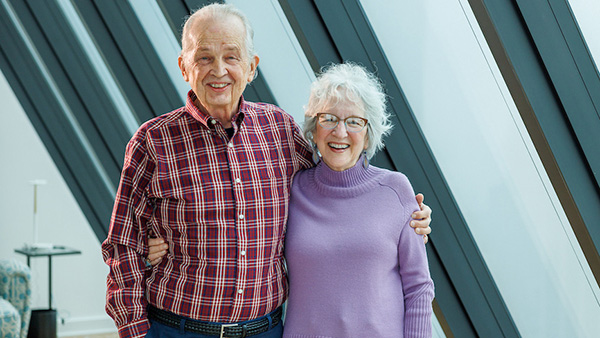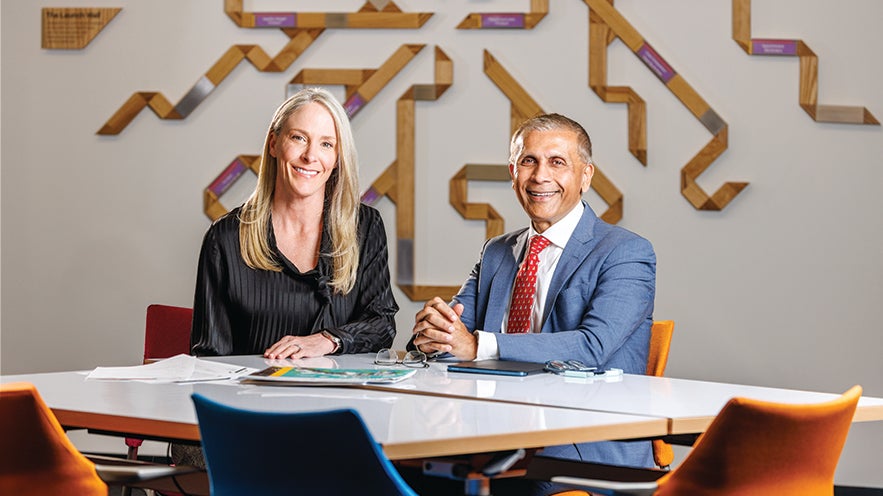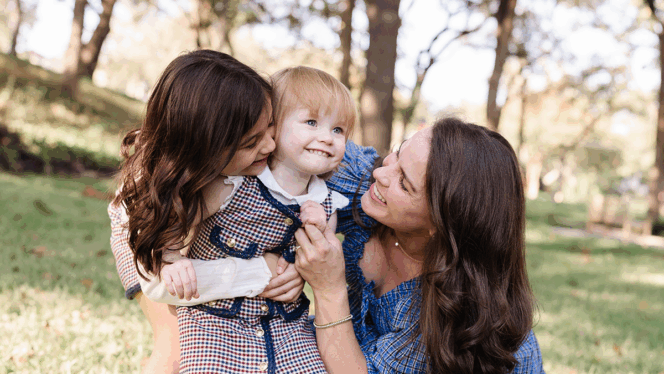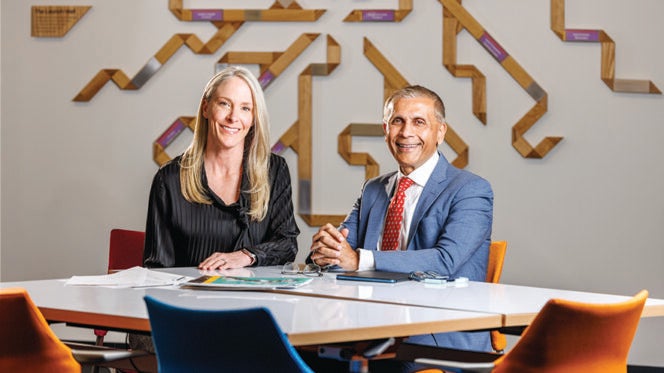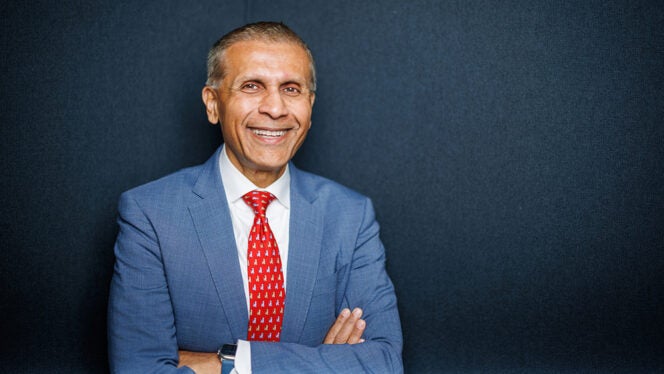Dr. Lindsey Arviso and Baylor Scott & White The Voice Center use state-of-the-art technology to help patients from all walks of life find their voices.

The ability to speak: It’s one of those things easily taken for granted until it is lost. At Baylor Scott & White The Voice Center, patients find help and hope for disorders of the voice and throat through specialized expertise paired with advanced technology.
“Many patients find immediate improvement,” Lindsey Arviso, M.D., otolaryngologist at The Voice Center, said. “Sometimes, they can go from having no voice when they come in to walking out talking.”
Baylor Scott & White The Voice Center offers high-resolution imaging of the larynx—also known as the “voice box”—and laryngeal videostroboscopy, high-resolution magnification and illumination of vocal cord vibration to analyze the biomechanics of how a person makes sound. Dr. Arviso is a laryngology specialist, an ENT physician who specializes in disorders of the voice and throat and, along with specialized speech-language pathologists, provides comprehensive care of patients with surgical or rehabilitative voice needs.
While it can be frustrating and sometimes painful to be unable to speak, many people rely on their ability to communicate vocally in their professional lives as well. From teachers to preachers, physicians to attorneys, coaches to call center employees and more, many people need their voice not only for their daily interactions, but also to earn
a living.
“Many patients find immediate improvement. Sometimes, they can go from having no voice when they come in to walking out talking.”
—Dr. Lindsey Arviso
“They don’t value it until it’s gone—and then they can’t present at a conference, cheer at their kid’s basketball game or make a sales presentation,”
Dr. Arviso explained.
Some of the world’s most well-known musical artists understand the impact of poor vocal health. Millions of dollars and careers often hang on how their voice sounds on any given day. For help, they have the team at Baylor Scott & White
The Voice Center on speed dial.
“We have a concierge aspect for performers and will do on-site visits at concert venues,” Dr. Arviso said. She and her team have been called to provide care for emergencies with big-name artists, helping them make decisions on whether they can perform. “It’s not something that we take lightly—we have to protect our artists,” she said.
“These are vocal athletes. Performers need a place where they feel comfortable working to actively protect and recover their voices,” she emphasized.
